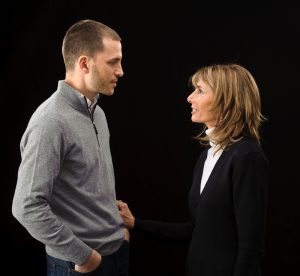 A mom wrote to me: I once read, “The worst thing for an addict is to see his/her reflection in other people’s eyes.” I know this to be true. My son was sober for almost two years, but when he relapsed he texted his girlfriend that he felt upset because he let everyone down. It proved to be fatal. I am devastated beyond belief and forever haunted.
A mom wrote to me: I once read, “The worst thing for an addict is to see his/her reflection in other people’s eyes.” I know this to be true. My son was sober for almost two years, but when he relapsed he texted his girlfriend that he felt upset because he let everyone down. It proved to be fatal. I am devastated beyond belief and forever haunted.
My reflection: When I read this mother’s message, it hit me hard. Her words make total sense. Our loved ones look into our eyes and see the deep hurt in our hearts.
Today’s Promise to consider: “The eyes are the mirror of the soul and reflect everything that seems to be hidden; and like a mirror, they also reflect the person looking into them.” Our sensitive and suffering loved ones look into our eyes and see our sadness caused by their behavior, our disappointments in their progress, and our hurts with them as our children. This is sad and hard to avoid, but how could they not take this to heart? Today, I must be cognizant of the way I respond to my loved ones. I want them to see my love and hope.
- quote, Paulo Coelho, Manuscript Found in Accra

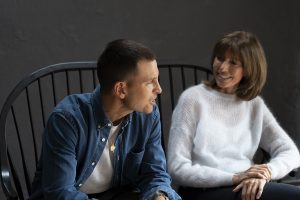
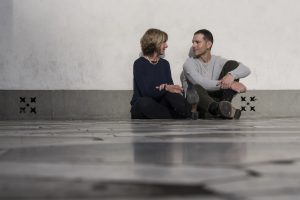
 My son and I had a conversation about how families survive trauma, particularly with addiction: The dynamics around addiction are complicated and personal to each family. Addiction brings us to our knees, but we don’t have to collapse. Every family trauma – including things like infidelity, financial ruin, legal issues, and death – severely tests us. We have a choice: we can either crumble (which is sometimes the best response in moments of deep pain), or we can gather ourselves up, lean into our community, and push forward. My dad used to tell me, “Daughter, with your children there is no quit.” Families suffering from addiction have the choice to quit, but we also have the choice to prevail. Addiction and other traumas can make us stronger.
My son and I had a conversation about how families survive trauma, particularly with addiction: The dynamics around addiction are complicated and personal to each family. Addiction brings us to our knees, but we don’t have to collapse. Every family trauma – including things like infidelity, financial ruin, legal issues, and death – severely tests us. We have a choice: we can either crumble (which is sometimes the best response in moments of deep pain), or we can gather ourselves up, lean into our community, and push forward. My dad used to tell me, “Daughter, with your children there is no quit.” Families suffering from addiction have the choice to quit, but we also have the choice to prevail. Addiction and other traumas can make us stronger. Barry Lopez
Barry Lopez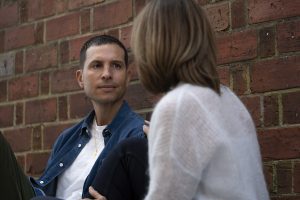 Recently, I was faced with a family issue that had nothing to do with addiction, but had everything to do with what I had learned through my son’s fourteen-year struggle with heroin. All the suffering and confusion of those addicted years taught me that I don’t need to give instant answers. I can take time to breathe, keep my wits about me, and stay close. Problems can be opportunities for learning, and I learned in spades that answers aren’t as important as love and hope.
Recently, I was faced with a family issue that had nothing to do with addiction, but had everything to do with what I had learned through my son’s fourteen-year struggle with heroin. All the suffering and confusion of those addicted years taught me that I don’t need to give instant answers. I can take time to breathe, keep my wits about me, and stay close. Problems can be opportunities for learning, and I learned in spades that answers aren’t as important as love and hope. 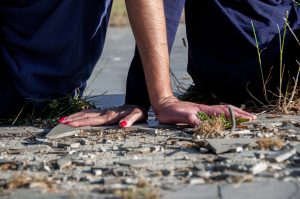 A mother wrote to me:I’ve found strength in a very close Nar-Anon group and continue to attend meetings regularly. My husband, my son’s sister, and I are here for him when HE is ready to change. We know we can’t force him to change – we’ve tried. After three failed rehab attempts, we have nothing else to give him, only love.
A mother wrote to me:I’ve found strength in a very close Nar-Anon group and continue to attend meetings regularly. My husband, my son’s sister, and I are here for him when HE is ready to change. We know we can’t force him to change – we’ve tried. After three failed rehab attempts, we have nothing else to give him, only love.
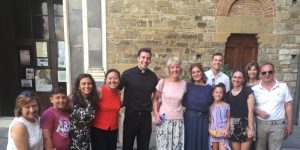

7 Comments.
View Comments | Leave a Comment